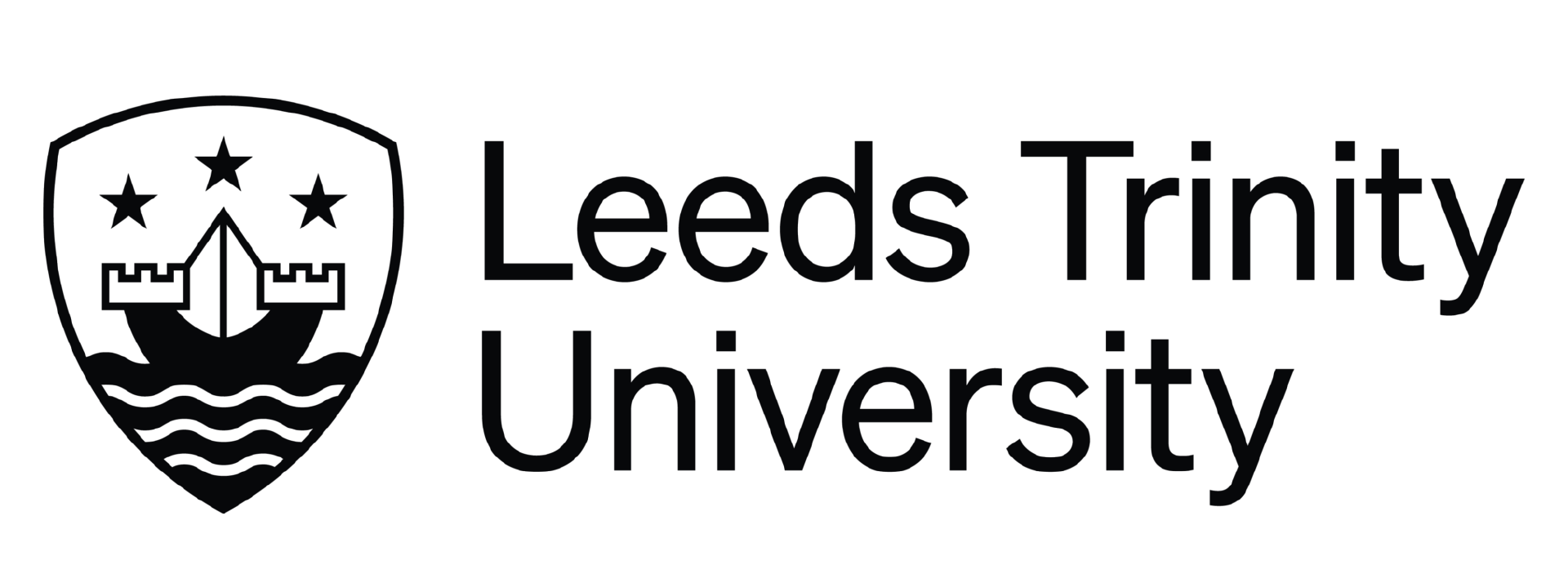Monika Antal, Executive Manager
Degree apprenticeships are an innovative means of widening access to learning, achieving higher-level and more work-relevant skills, and are therefore a crucial element in the drive to increase productivity. Degree apprenticeships also boost social mobility and underpin efforts to promote inclusion by enabling students to ‘earn while they learn’. They offer higher life-time earnings than most degrees, and can help narrow the employment gap between more affluent and less-advantaged graduates. They generate positive spill-overs for other degree courses and they are a vital mechanism for boosting parity of esteem between vocational and academic study. In summary, they are an excellent idea, and they are emerging at just the right time.
Yet, the current press and media headlines surrounding apprenticeships are not great; with a 40% fall in apprenticeship starts since the introduction of the apprenticeship levy. The levy has since accumulated £1.28bn in unspent funds, as employers complain that the ‘system’ is too complicated. Potential learners also need to navigate the process, especially prospective students from lower socio-economic backgrounds who often know less about degree apprenticeships and about universities. All the while, the government’s national target of three million people starting apprenticeships by 2020 is under threat. No wonder it has become easy for commentators to throw barbs at the prospects for apprenticeships.
However, at last week’s Degree Apprenticeship National Conference, at Sheffield Hallam University, there were plenty of reasons to be optimistic, given the examples of good practice showcased and the evidence of real progress happening on the ground. Professor Sir Chris Husbands, Vice-Chancellor of Sheffield Hallam, told delegates that, in the rapidly changing economy of the 21st century, where there was an increasing demand for higher-level skills, higher and degree apprenticeships made good ‘business sense’. Sheffield Hallam has placed local and regional economic growth and social mobility at the heart of its institutional plan, and by extension this ensures that the University is well-placed to contribute significantly towards new national and local industrial strategies. To date, Sheffield Hallam has invested £3m in an extensive degree apprenticeship portfolio and it will open a new Apprenticeship Centre of Excellence in September. Recognising the significance of this investment, Nicola Turner, Head of Skills at the Office for Students, said that degree apprenticeships can help build a talent pipeline for the industrial strategy and contribute towards developing a more higher-skilled, and high-productivity economy.
The conference also heard about good practice elsewhere in Yorkshire. The Degree Apprenticeship Development Fund project is led by Leeds Trinity University, in collaboration with Go-Higher West Yorkshire, Further Education, Higher Education, employers and LEPs, as well as the National Collaborative Outreach Programme. Individual case studies can also provide powerful testimony. It was fascinating, therefore, to hear from a prospective apprentice who, after completing his A-levels, decided against pursuing a conventional full-time undergraduate route and instead opted for a degree apprenticeship in engineering with a car manufacturer. The Higher Education Progression Partnership, Gradcore and Sheffield Hallam University were crucial, to this apprentice, in raising awareness about the opportunity that this form of learning offered. This illustrates the importance attached to information, advice and guidance, and to effective careers support, which needs to impart tangible evidence about the value of degree apprenticeships to prospective students, carers, parents and university staff and employers. Hearing these accounts demonstrated that, although still early days for degree apprenticeships, there is so much to applaud from within Yorkshire and across the country – with universities at the centre – that it is difficult to be anything but positive about the future for this particular type of flexible higher-level learning.












